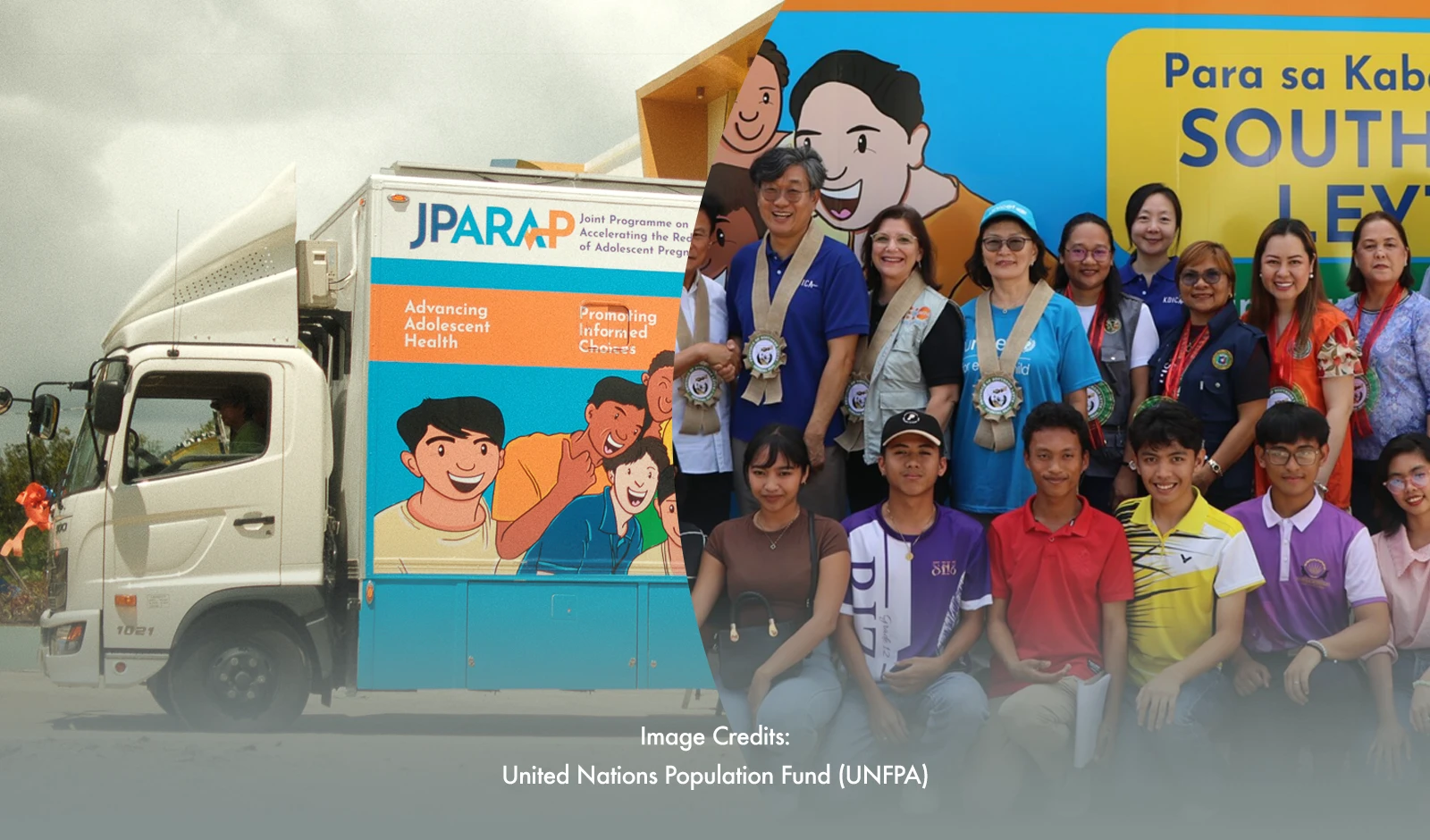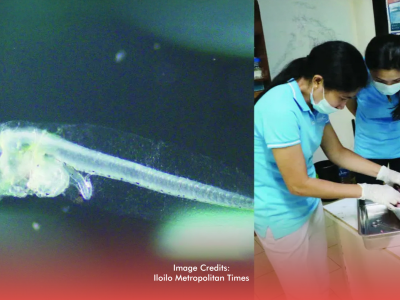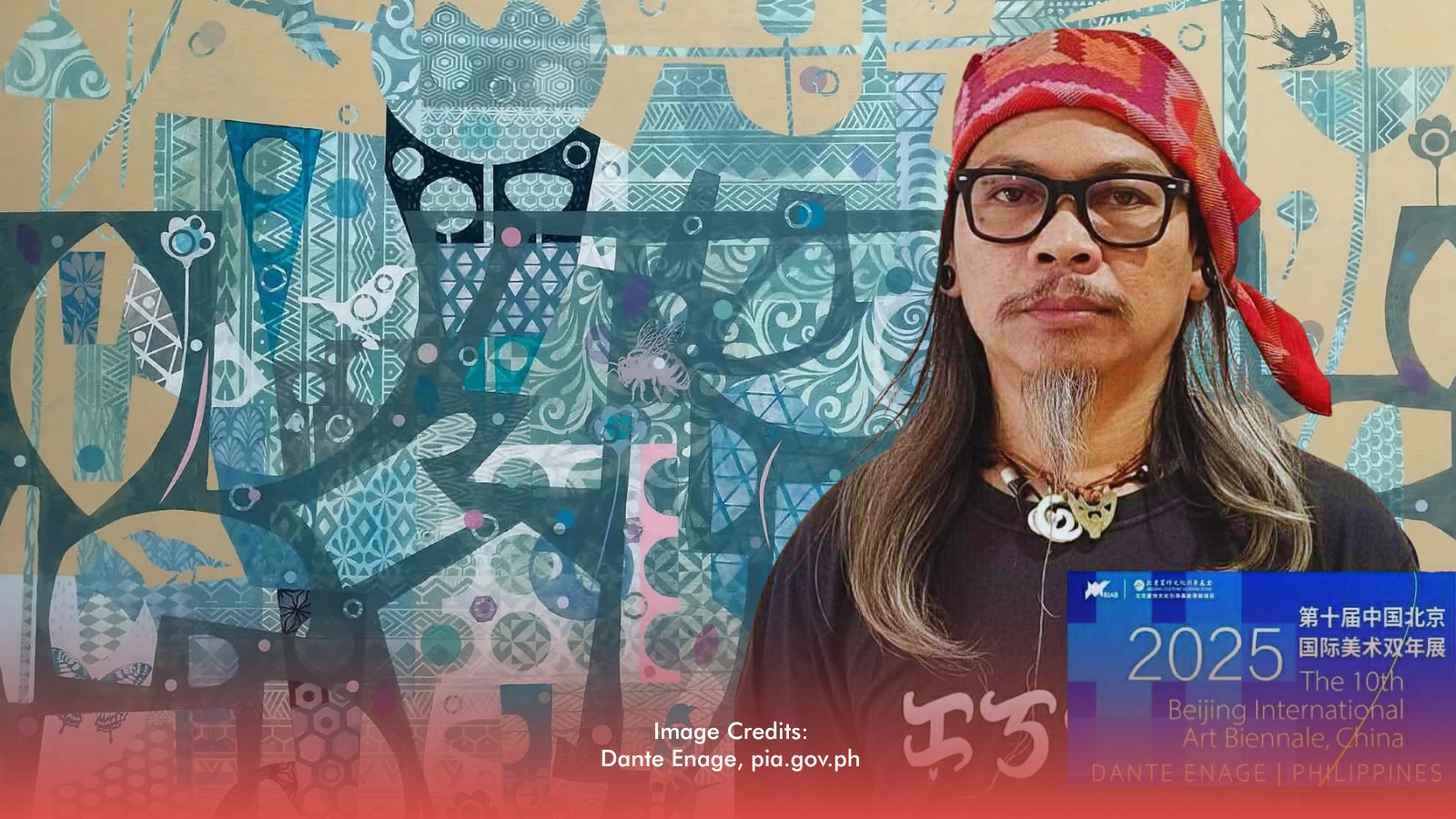In a significant stride towards enhancing adolescent health and reducing teenage pregnancies, the United Nations and the Korean International Cooperation Agency (Koica) have inaugurated two mobile health facilities in the Eastern Visayas region of the Philippines. Named "TrucKABATAAN," these facilities aim to provide free medical services to youths, particularly targeting adolescents, in Samar and Southern Leyte provinces.
The initiative is a collaborative endeavor between the United Nations Population Fund (UNFPA), Koica, and various governmental and non-governmental organizations including the Philippine government, the United Nations Children's Fund (Unicef), and the World Health Organization (WHO). This joint effort underscores a commitment to address the pressing issue of adolescent pregnancies and improve the overall health outcomes of young people in the region.
The TrucKABATAAN project represents a multi-dimensional approach towards adolescent health. It not only provides medical services but also focuses on comprehensive sexual and reproductive health education, aiming to empower young individuals with knowledge and resources to make informed decisions about their health and well-being. Additionally, the initiative emphasizes the importance of community engagement and participation, recognizing the role of families, schools, policymakers, and youth themselves in promoting adolescent health.
Bridging Gaps in Healthcare Access
The TrucKABATAAN initiative seeks to bridge the gap in healthcare access for adolescents, especially those residing in remote or underserved areas. Equipped with essential medical amenities including a medical bed, laboratory equipment, and solar panels for sustainable energy, these mobile clinics are designed to deliver comprehensive healthcare services directly to the doorsteps of young individuals aged 10 to 19. The program will be implemented across at least 20 local government units in Southern Leyte and Samar, ensuring that adolescents receive compassionate and confidential care along with holistic health education and early intervention.
Each mobile clinic will be staffed with a dedicated medical team comprising a doctor, nurse, midwife, medical technician, social worker, and peer educator. This interdisciplinary approach ensures that adolescents receive personalized care tailored to their unique needs, while also addressing the social and psychological aspects of adolescent health.
This collaborative effort not only addresses the immediate healthcare needs of adolescents but also emphasizes the importance of community engagement and multi-sectoral cooperation in promoting adolescent well-being. With these mobile health facilities operational, stakeholders are optimistic about making substantial progress in improving adolescent health outcomes and also reducing teenage pregnancies in the region.








